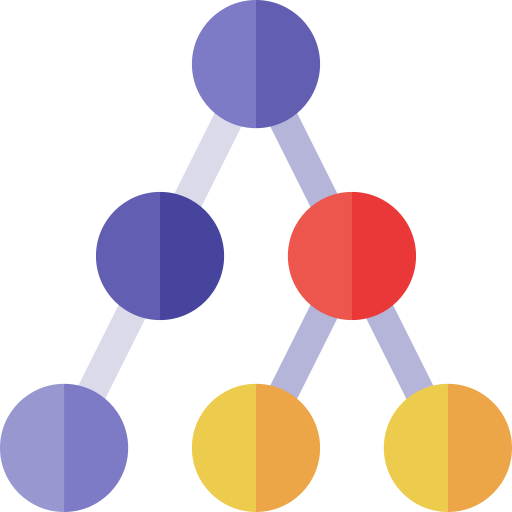Marius Ötting
I’m a data scientist in the insurance industry, where I use methods from applied statistics and machine learning to inform decision-making. Recently, I’ve been exploring new ways to apply large language models in my work. Before transitioning to industry, I was a PhD student and later a postdoc in the Statistics and Data Analysis Group at Bielefeld University, where I mostly focused on modelling time series data using hidden Markov models — primarily in sports analytics.
I enjoy building data science tools that are helpful and easy to use, whether it’s for work or fun side projects. In the NFL Big Data Bowl 2024, our team received an honorable mention. I also enjoy creating Shiny apps — one of them is actually used in production by a tax consultancy firm. If you’re interested in collaborating on something cool, feel free to reach out!
Selected work
 Sports analytics
Sports analytics
Modelling sports data is often fun, offering opportunities to tackle a wide range of challenges. From investigating betting behaviour in in-game betting to exploring whether the hot hand phenomenon is real or detecting fraud in sports betting, analysing sports data is not only enjoyable but also provides valuable insights into the dynamics of performance and integrity in sports.
Bettors’ reaction to match dynamics — Evidence from in-game betting
(European Journal of Operational Research)The hot hand in professional darts
(Journal of the Royal Statistical Society Series A)Integrating multiple data sources in match-fixing warning systems
(Statistical Modelling)
 Extending existing methods
Extending existing methods
Much of my work involves time series data, often analysed using hidden Markov models, though I also work with other types of data. Sports data can often be complex, making existing statistical methods insufficient and motivating the need for new approaches. For example, I worked on continuous-time state-space models to handle irregularly sampled sequential observations.
Extending the Dixon and Coles model: an application to women’s football data
(Journal of the Royal Statistical Society Series C)Maximum approximate likelihood estimation of general continuous-time state-space models
(Statistical Modelling)Markov-switching decision trees
(AStA Advances in Statistical Analysis)